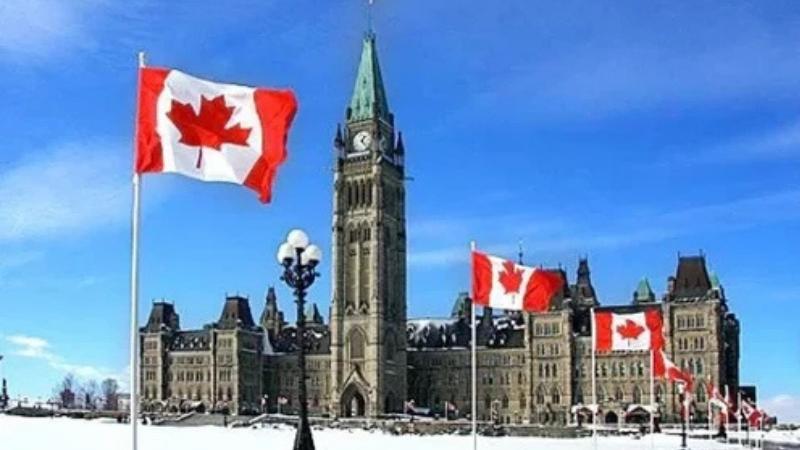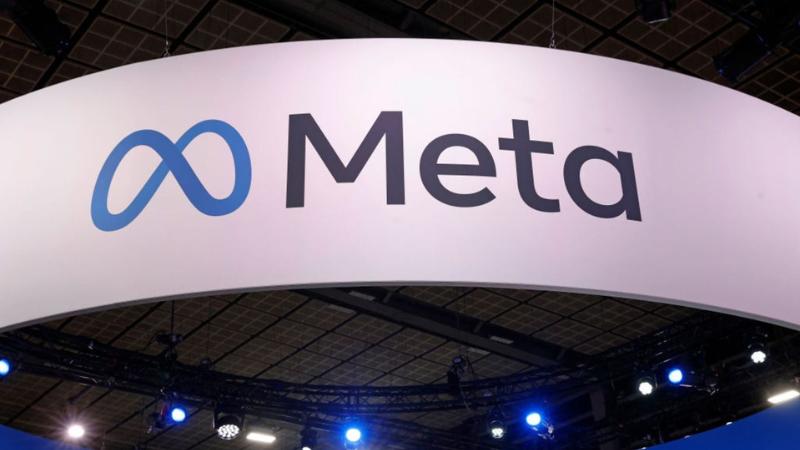Canada Tightens Immigration Rules, Impacting Thousands of Indian Students and Temporary Residents

Canada has tightened its immigration and visa policies, affecting thousands of Indian students, workers, and temporary residents. Since the new Immigration and Refugee Protection Regulations came into effect on January 31, 2025, reports indicate a rise in study permit revocations, visa scrutiny, and stricter departure enforcement.The Immigration, Refugees, and Citizenship Canada (IRCC) has projected that 7,000 study permits could be revoked this year, impacting more than 4.27 lakh Indian students currently studying in Canada. Additionally, new financial requirements and stricter border policies are creating hurdles for Indian nationals seeking to study or work in the country.
Increased Visa Scrutiny and Study Permit Revocations
The tightened immigration rules have led to unexpected study permit cancellations, even for students with strong academic records. Legal experts warn that appealing these revocations is costly, with legal fees starting at C$1,500 and no guarantee of success.
Immigration authorities are now closely monitoring compliance, requiring students to report:
- Any changes in residence within seven days
- Details of part-time or full-time work hours
With the shift in policy, students who fail to properly document their stay and activities could face permit revocation and possible deportation.
The number of study permits issued to Indian students has already seen a 40% drop since Q4 2023, signaling a decline in approvals due to stricter assessment criteria.Additionally, students applying for Fall 2025 admissions must now meet a new Guaranteed Investment Certificate (GIC) requirement of C$20,635, which presents a financial challenge for middle-class Indian families.
Major Changes to Canada’s Visa and Residency Policies
The new immigration rules have also granted border authorities greater powers to cancel temporary residency permits. Under these changes, immigration officers can revoke:
- Electronic Travel Authorisations (eTAs)
- Temporary Resident Visas (TRVs)
- Study and work permits
Officials can now cancel a permit if they determine that:
- The applicant fails to meet updated eligibility requirements.
- There is doubt about their intent to leave Canada after visa expiration.
- The permit was issued based on administrative errors.
- The applicant has a visa denial for work or study-related applications.
If a study permit is revoked, students may face difficulties completing their education or transitioning to work permits after graduation.
The Student Direct Stream (SDS) visa program, which streamlined visa processing for Indian students, was also discontinued in late 2024, making it harder for applicants to obtain fast-track study permits.
Impact on Indian Students and Temporary Residents
Indian students make up 35-40% of Canada’s international student population, making them one of the most affected groups under these new immigration regulations. The policy shift is also impacting:
- Indian workers seeking permanent residency
- Temporary resident visa holders facing increased rejections
- Business travelers and post-study work applicants
As Canada continues to implement stricter migration controls, prospective students, workers, and visitors are advised to stay updated on policy changes, ensure compliance with visa requirements, and prepare for potential financial hurdles before making decisions to move to Canada.The revised immigration framework signals a significant policy shift, with experts advising applicants to consult legal professionals to navigate the changing landscape of Canadian immigration.












































